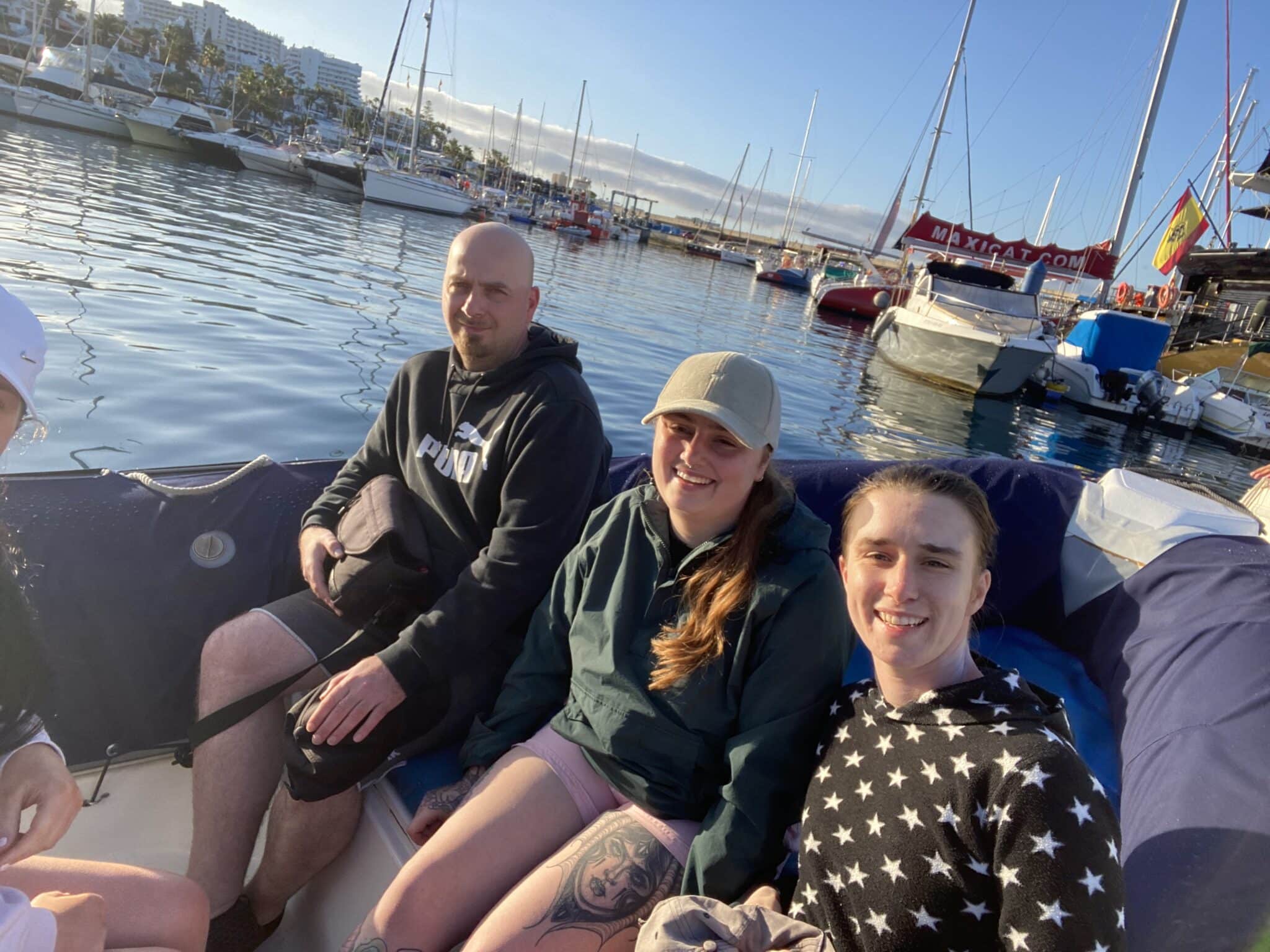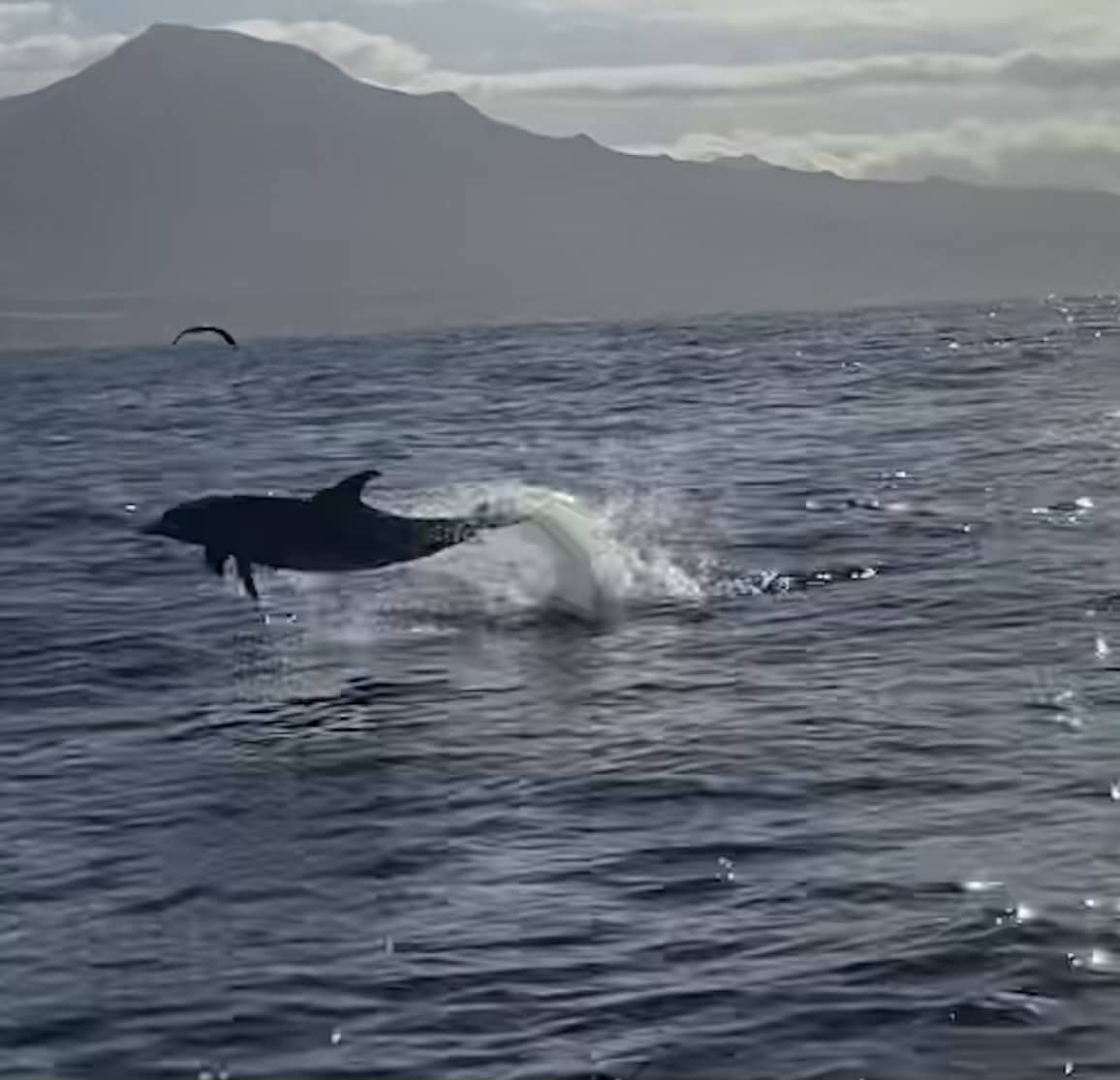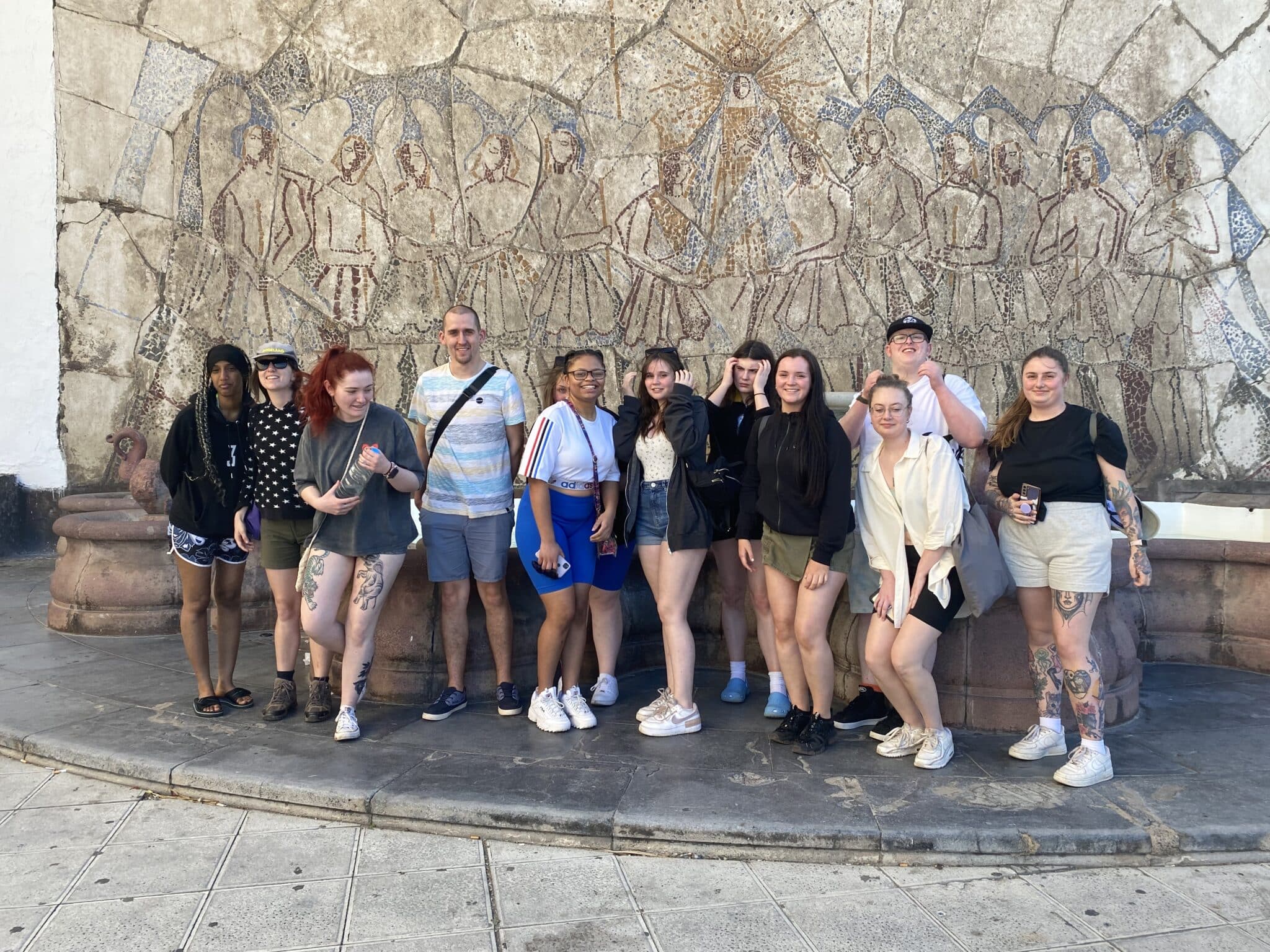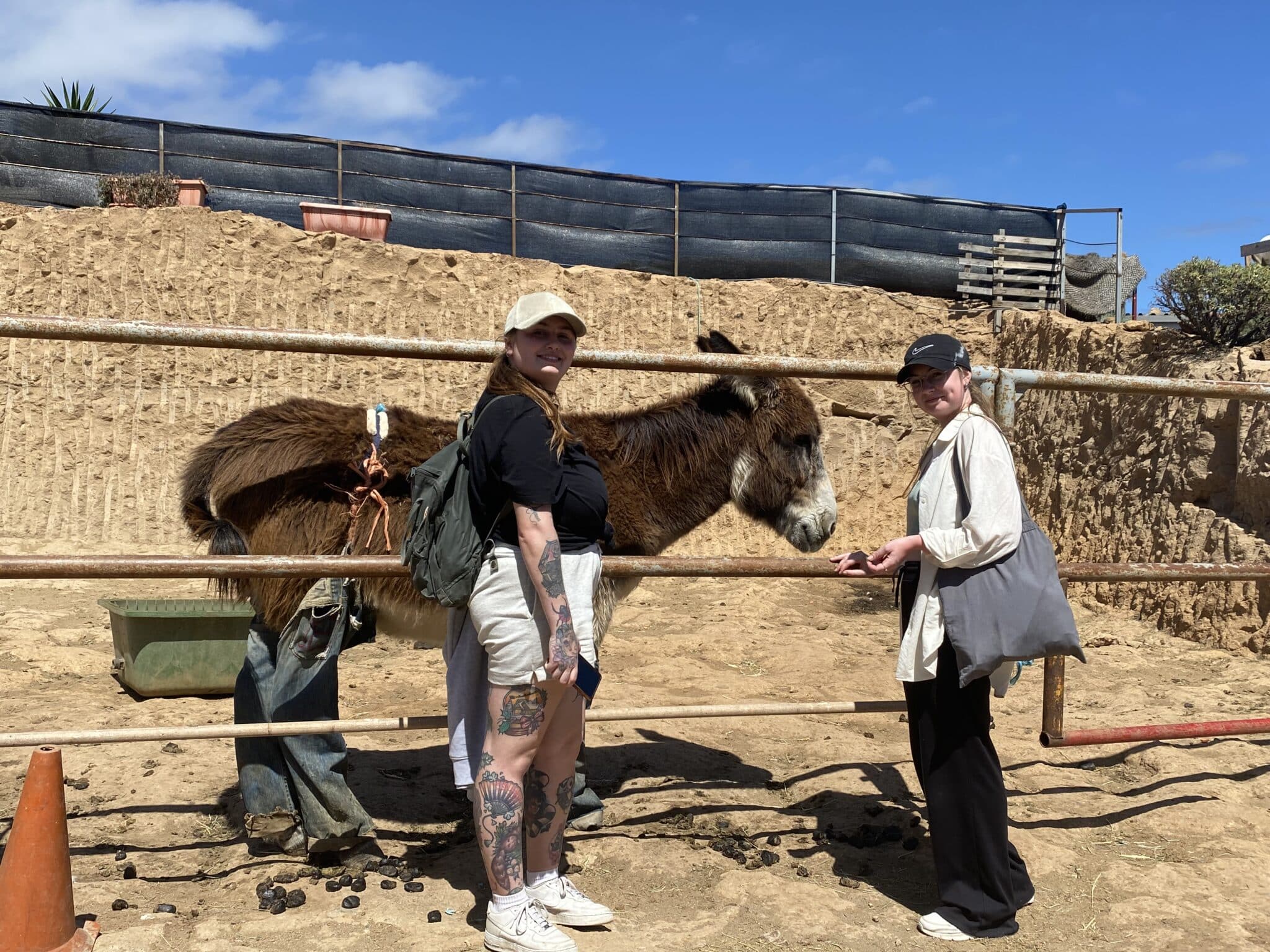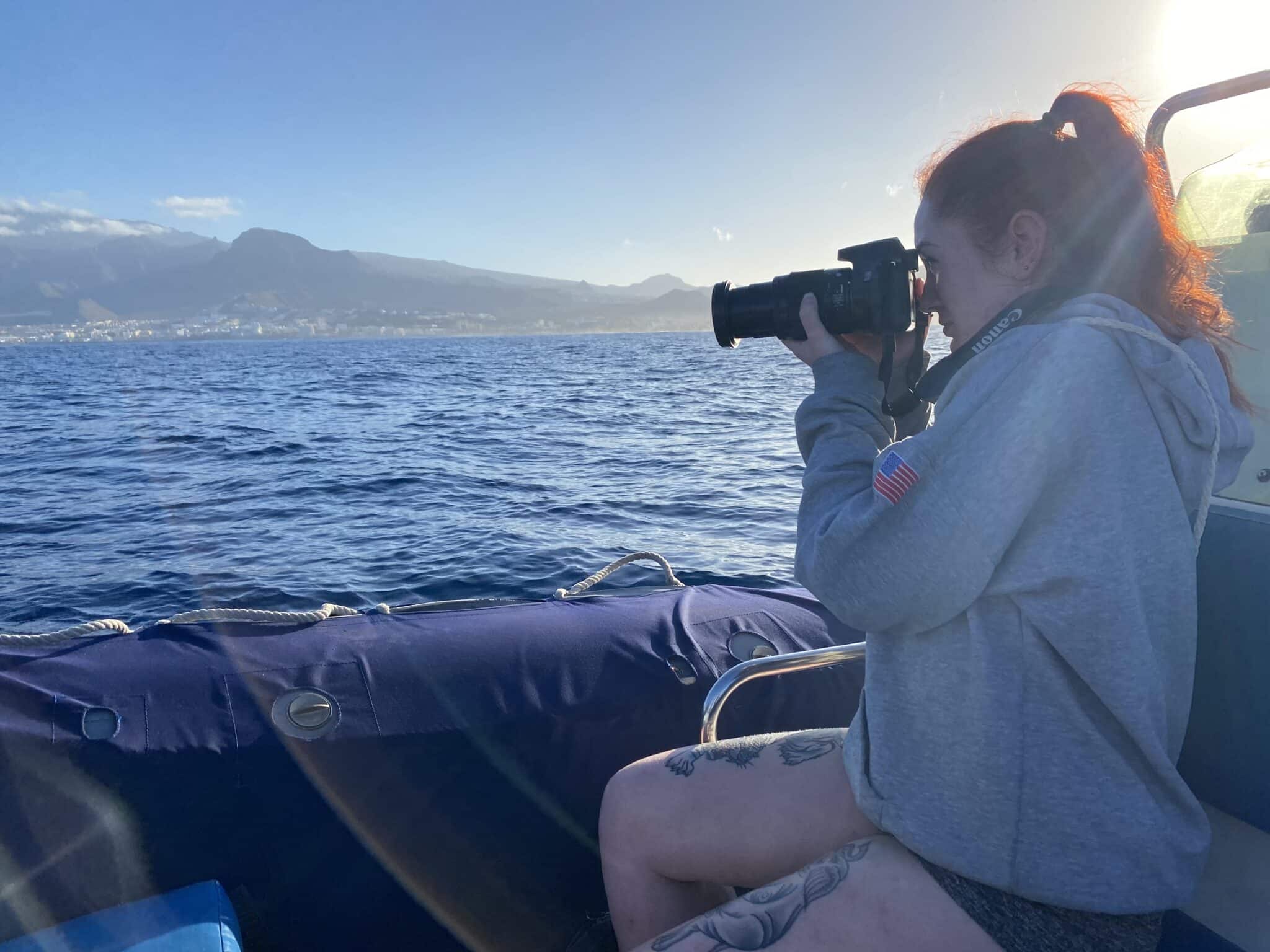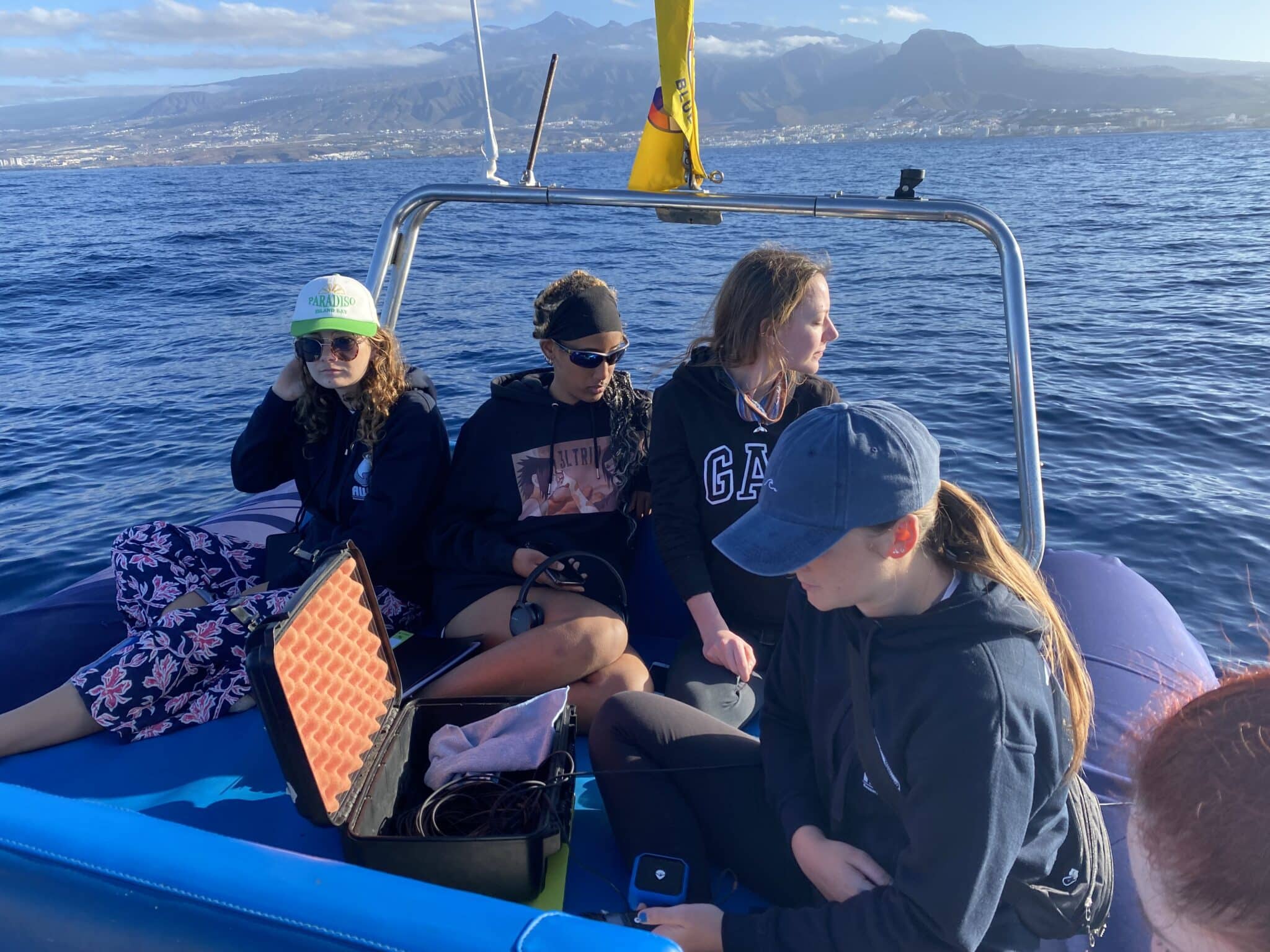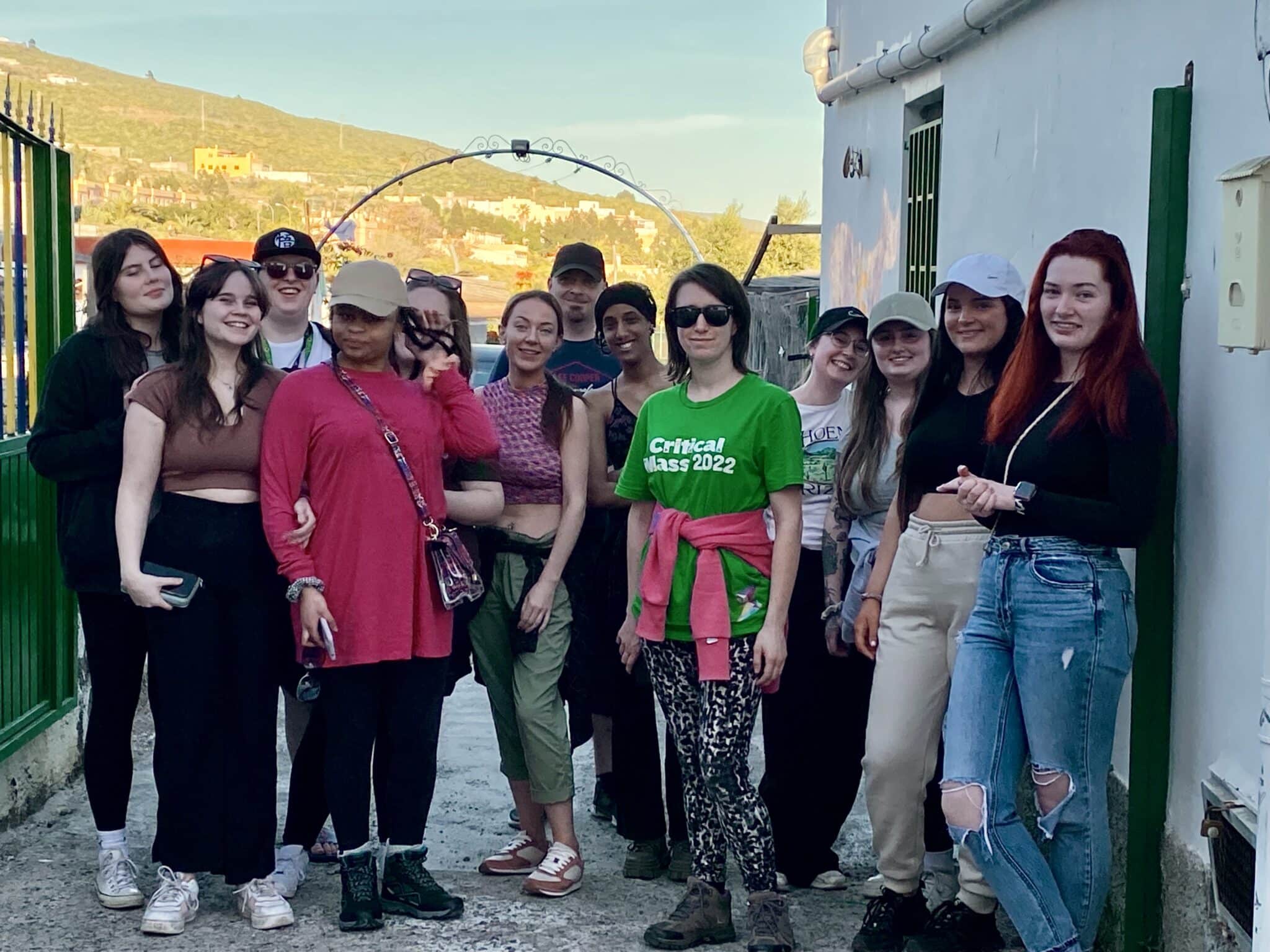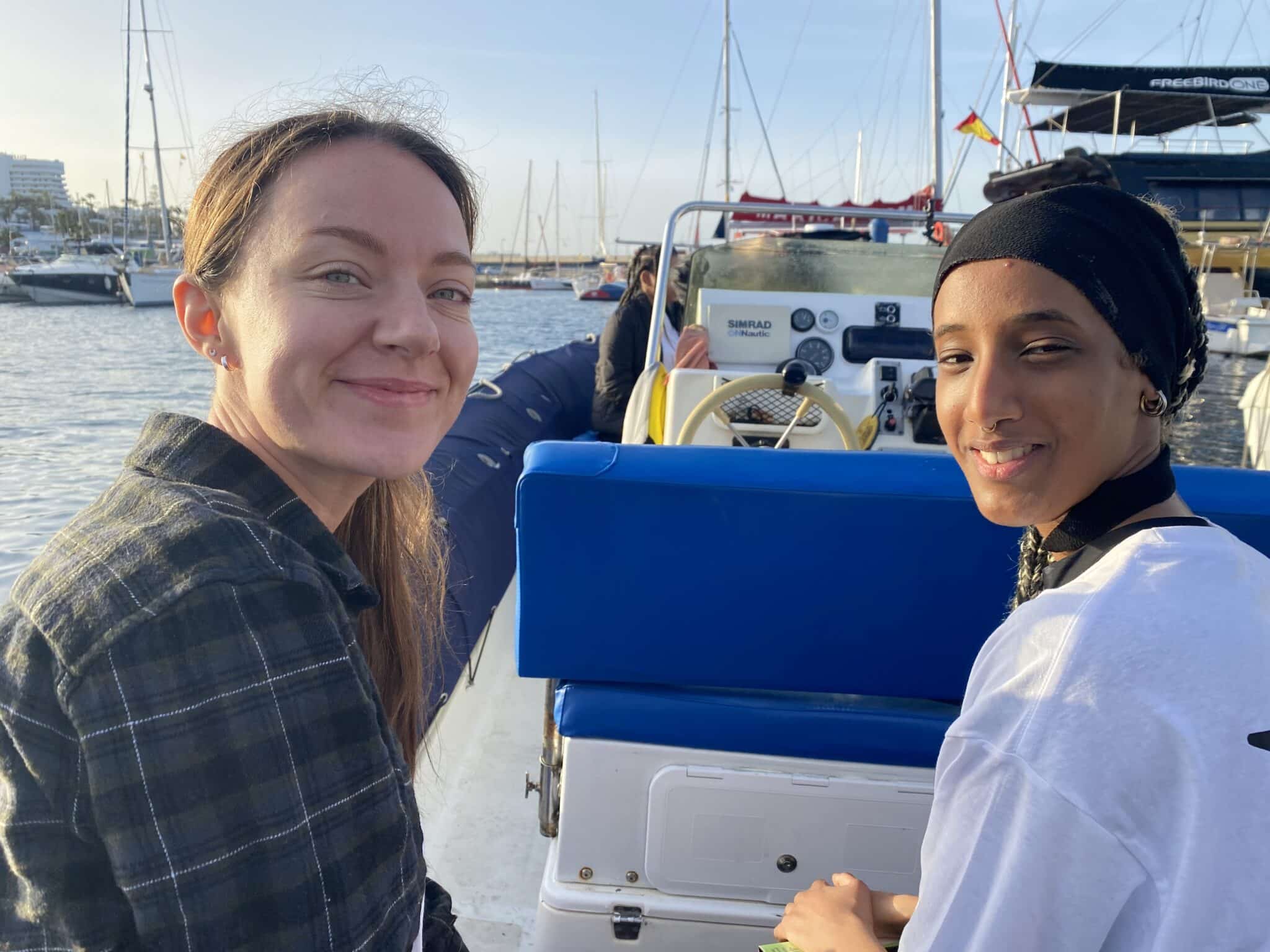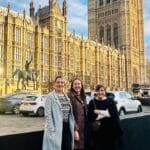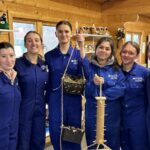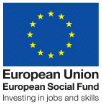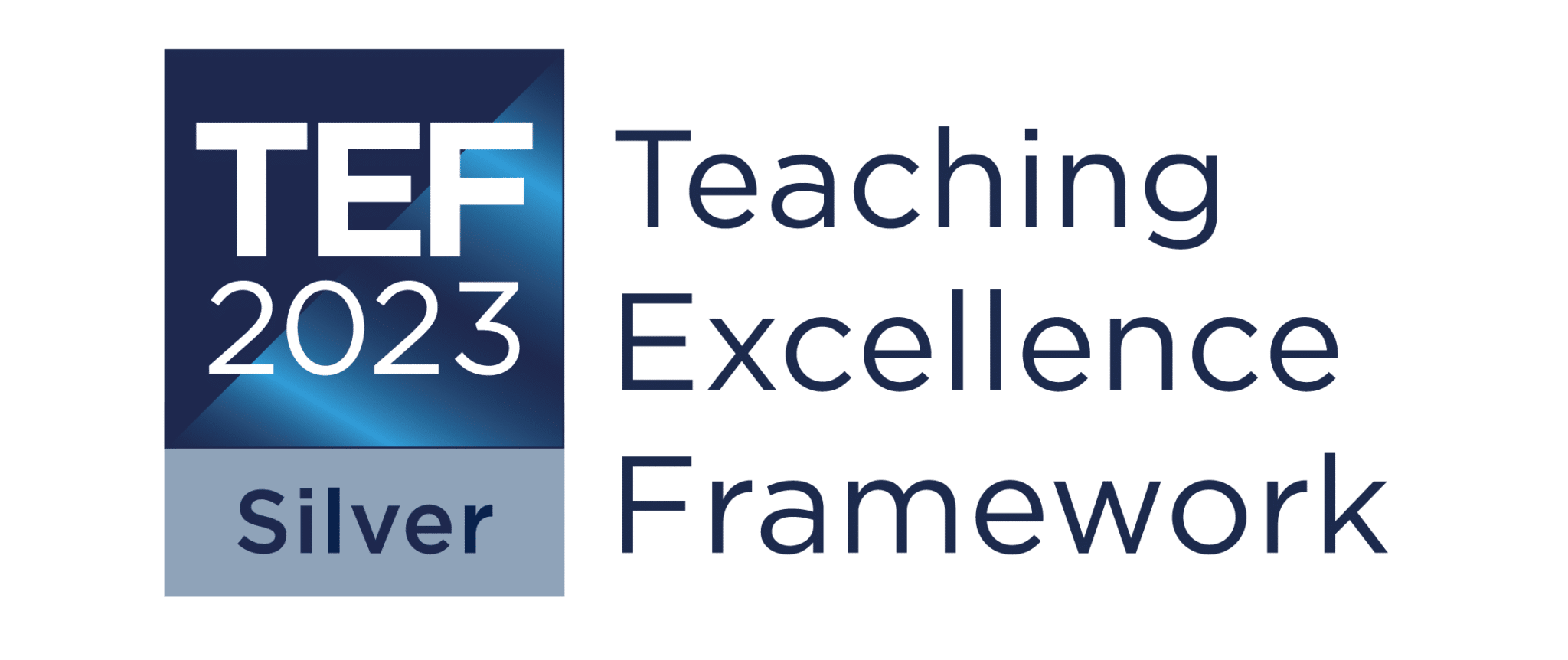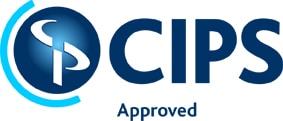Animal Welfare students from Solihull College & University Centre have been studying whales and dolphins off the coast of Tenerife to learn more about conservation strategies.
Students studying on the FdSc and BSc Animal Behaviour & Welfare degree course, delivered at the College’s Blossomfield Campus in partnership with Oxford Brookes University, joined up with the Atlantic Whale & Dolphin Foundation for the week-long experience.
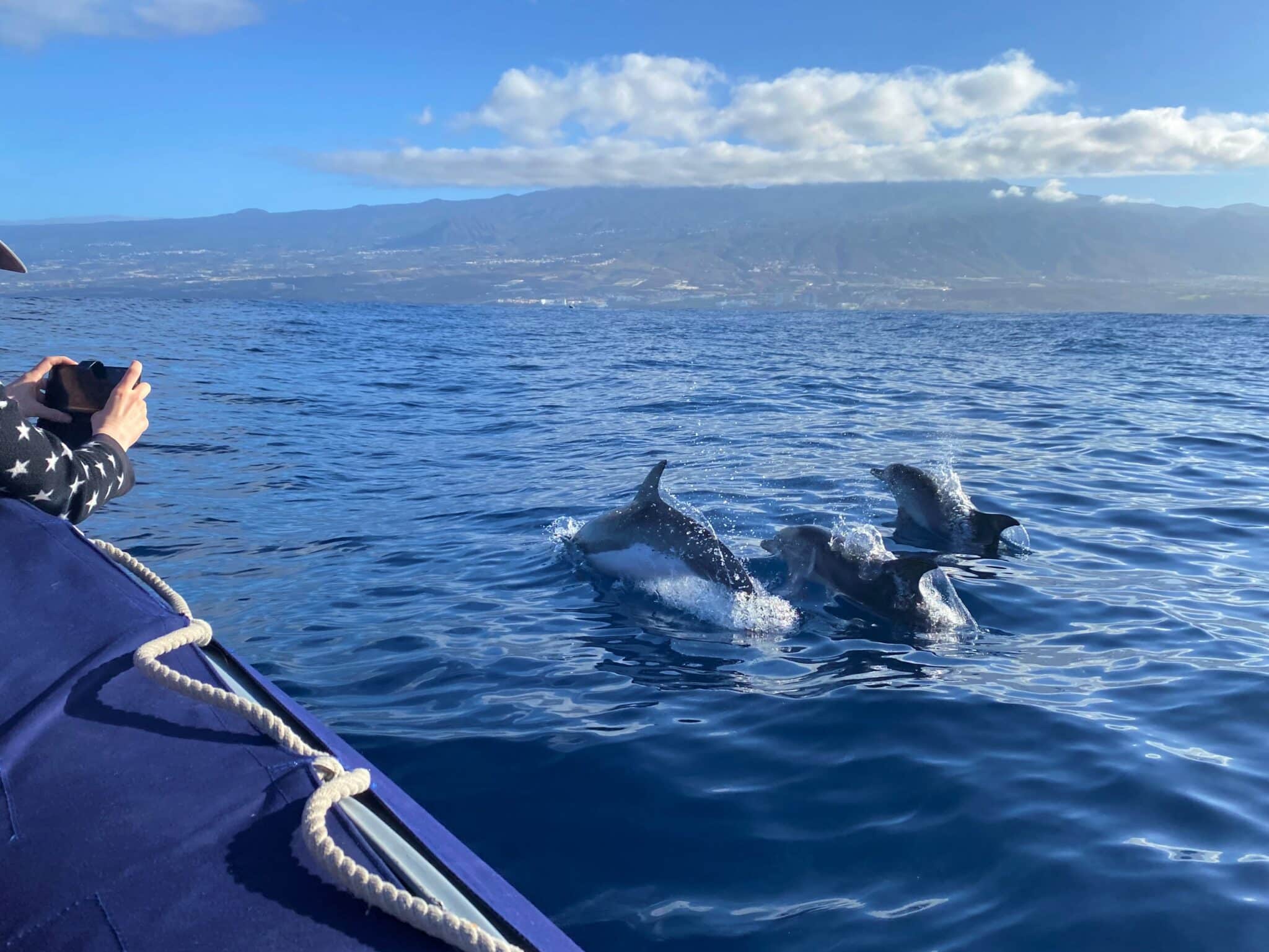
Students saw dolphins swimming off the coast of Tenerife
Each day, members of the group would be picked up at 7am and taken to Puerto Colon where they would board the RIB (rigid inflatable boat) with their equipment. Other members of the group would board tourist boats as volunteers to help educate the public about the animals’ plight.
Students took to the seas to collect data on weather conditions, GPS locations, presence of other boats, as well as taking photos with DSLR cameras to help identify individuals and groups. They also listened to the animals’ underwater communication using a hydrophone.
On the trip, students were lucky enough to see pilot whales, bottlenose dolphins, atlantic spotted dolphins and even a fin whale. Students also spent time at an animal sanctuary working with horses, donkeys, cats, dogs and more, as well as pitching in on tasks such as cooking for the group.
This trip was an opportunity for the students to visualise what they have been studying in class
Students Louisa Vann-Fennell, Larissa Ward and Charlie Harris had a great experience and enjoyed spending time with students from other years on the degree course. Louisa commented: “Experience is important in the animal sector. This trip was certainly helpful for that and will look great on the CV.” The group also remarked they had been offered further volunteering opportunities as a result and are considering returning in the summer.
Course leader, Claudine Barnes, commented: “This was a valuable opportunity for students to take part in conservation work. They did great work raising awareness with the public about issues such as plastic pollution and bycatch. Students also had the chance to learn identification skills and use software such as Darwin for fin identification. This is an invaluable experience in preparing them for jobs in the environmental sector.”



